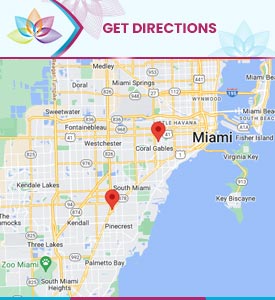Metabolic Weight Loss Specialist Q&A
Metabolic weight loss is a multidisciplinary method that boosts metabolism to facilitate long-term weight loss. Medical practitioners who support metabolic weight loss develop a plan that addresses the unique needs and lifestyle of the person they are treating. If you are looking for a weight loss specialist contact Rafael Olartecoechea today! Vive Ageless Weight Loss Center offers weight loss programs that help boost metabolism. For more information about our medical weight loss programs, contact us today or book an appointment online. We have convenient locations in Coral Gables FL, and Pinecrest FL.
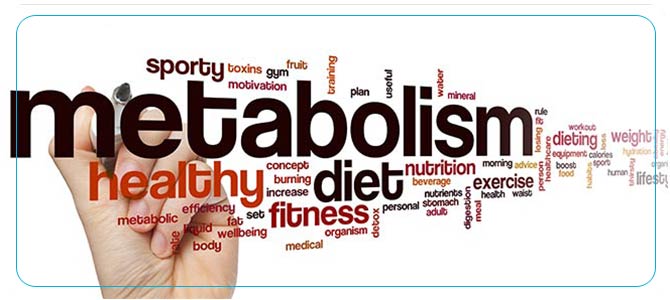
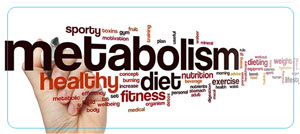
Table of Content:
What Is Metabolic Weight Loss?
Do Some People Have A Faster Metabolism Than Others?
Can Certain Medical Conditions Cause A Slow Metabolism?
Can I Improve My Metabolism?
In order to understand what metabolic weight loss, or a metabolic diet, is you first need to know what metabolism is and how it works. It’s a complex process that provides the energy the body needs by combining the calories from our food and drink with oxygen. This energy is needed by the body for the functioning of the brain and nerves, breathing, blood circulation, controlling body temperature, contracting muscles, digesting food and nutrients and eliminating body waste. People often blame a slow metabolism for excess weight, but is that really the case? And if you have a slow metabolism are there ways to ‘speed it up’. Metabolism and weight are linked, but contrary to popular belief, a slow metabolism is rarely the cause of excess weight gain; rather it’s how much you eat and drink, along with the level of physical activity, that ultimately determines your weight. Only rarely is excessive weight gain the result of a medical problem, such as Cushing’s syndrome or hypothyroidism (underactive thyroid gland).
Metabolic weight loss focuses on the way the body metabolises food by encouraging foods that increase the metabolism, resulting in the body burning body fat instead of carbs.
Two people with the same size and body composition eat the same big meal – one gains no weight, while the other piles on the pounds. Although scientists don’t know exactly what causes this anomaly, several factors are believed to contribute:
• Muscle mass: building and maintaining muscle takes more energy than fat, so people with a higher muscle mass often have faster metabolisms.
• Age: Muscle decreases as you get older, which in turn slows down the metabolism.
• Sex: Men tend to have faster metabolisms than women as they generally have more muscle mass, larger bones and less body fat.
• Genetics: heredity plays a part in muscle size and the ability to build muscle mass.
• Physical activity: exercise and activity cause your body to burn more calories than being sedentary.
• Smoking: Nicotine speeds up your metabolism, which is why people who quit sometimes gain weight.
There are two endocrine disorders that cause a person’s metabolism to work slower, causing them to burn fewer calories and gain weight:
Cushing’s syndrome: caused by having too much of the “stress hormone” cortisol in the body. Cortisol is vital to the regulation of blood sugar and in making energy from food but too much can cause weight gain, and muscle weakness and if left untreated can be fatal.
Hypothyroidism: (underactive thyroid gland) is a common condition where the thyroid doesn’t create and release enough thyroid hormone into your bloodstream. The main job of the thyroid is to control metabolism by producing two different hormones; when it doesn’t produce enough of these it causes your metabolism to slow down and can make you gain weight, feel tired and be unable to tolerate cold temperatures.
According to the National Institutes of Health, there are a number of ways you can increase your metabolism:
• Eat Plenty of Protein – eating protein increases a person’s metabolic rate by 15–30%, compared to 5–10% for carbs and 0–3% for fats; it has also been shown to help you feel fuller and thus prevent overeating.
• Drink More Cold Water – drinking half a liter of water has been shown to increase resting metabolism by 10–30% for about an hour; drinking cold water may be more effective as your body will use energy to heat it to body temperature.
• Do a Workout -change your exercise routine and add in a few high-intensity workouts to boost metabolism and help burn fat.
• Lift Heavy Things – to build muscle because more calories are expended in the building and retention of muscle than fat, so more muscle means more calories burned each day, even at rest.
• Stand up More – if you have a desk job, try standing up for short periods; you could also invest in a standing desk.
• Drink Tea -green tea and Oolongtea have been shown to potentially increase metabolism by 4–5%, although these effects may be small and may only apply to some people. They are, however, low in calories so drinking these teas may be good for both weight loss and weight maintenance.
• Get Some Sleep – sleep deprivation has a negative effect on metabolism and has been shown to boost the hunger hormone ghrelin and decrease the fullness hormone leptin, which could explain why many sleep-deprived people feel hungry and find it hard to lose weight.
• Drink Coffee – the caffeine in coffee has been shown to boost metabolism by 3–11%.
If you or a loved one would like to know more about metabolic weight loss contact Vive Ageless Weight Loss Center today! We offer weight loss programs that help boost metabolism. For more information call us today or book an appointment online. We are conveniently located at 166 Madeira Ave Coral Gables, FL 33134. We serve clients from Coral Gables FL, Miami FL, Pinecrest FL, South Miami FL, Coconut Grove FL, and Brickell FL.
Check Out Our 5 Star Reviews

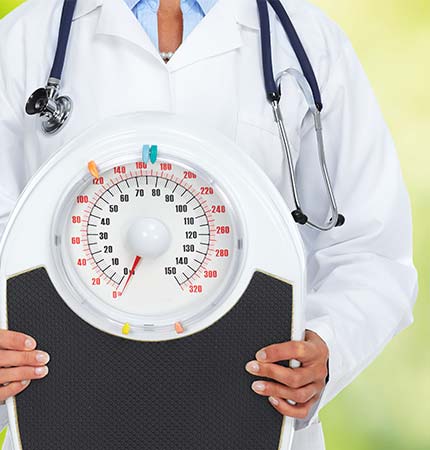
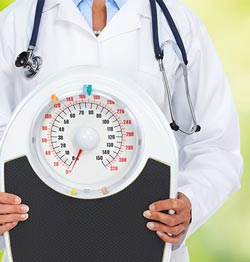
Additional Services You May Need
▸ Obesity
▸ Peptide Therapy
▸ Anti-Aging Medicine
▸ Medical Weight Loss
▸ Meal Planning
▸ Nutritional Consultations
▸ Metabolic Insufficiency Treatment
▸ Hormone Imbalance
▸ Inactive Lifestyle
▸ Boost Metabolism
▸ Food Sensitivity/Allergies
▸ Diabetic Weight Loss
▸ Body Mass Index (BMI)
▸ Body Fat Percentage


